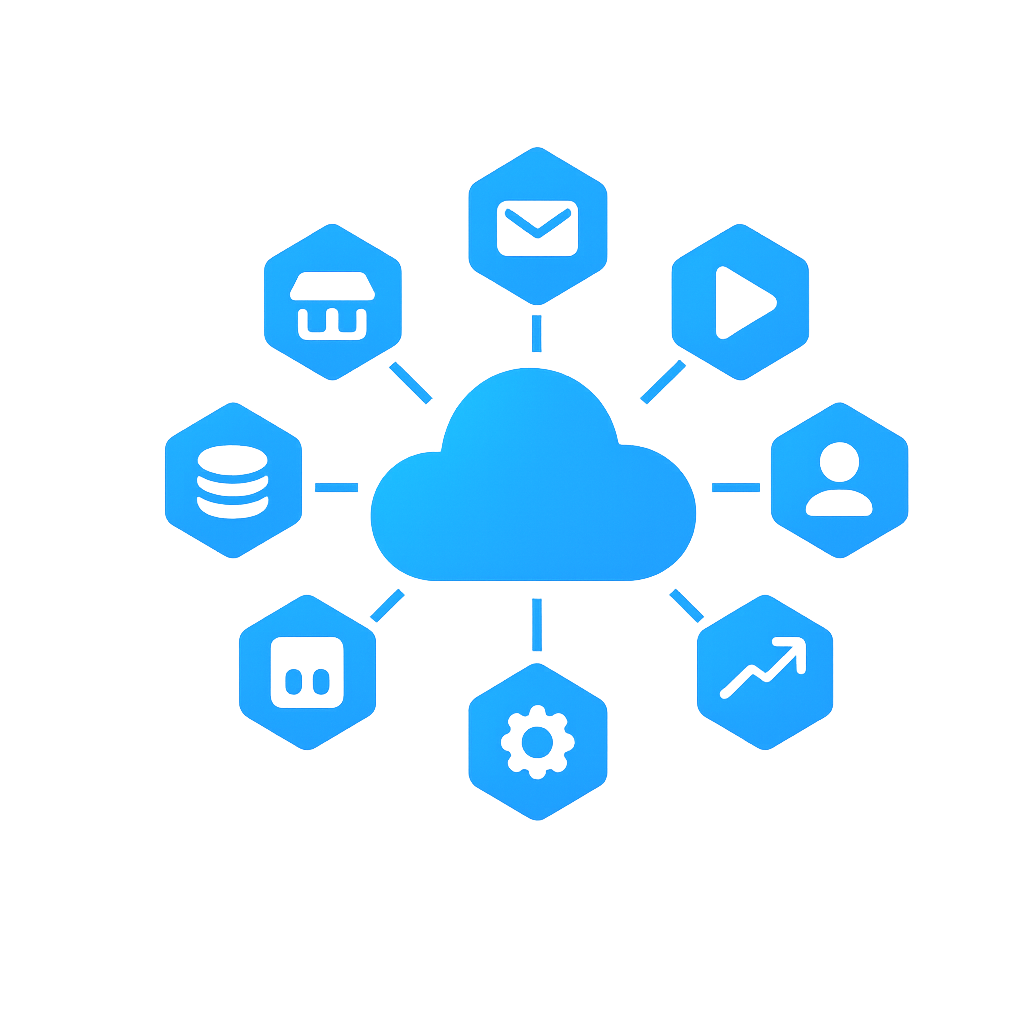TPZ’s architecture separates infrastructure from enforcement.
You can use Stackroom as a standalone cloud data center — or layer on AI policy intelligence when you’re ready.
Start With Stackroom.
Scale Into Zero Trust.
The Stackroom is your foundation.
Cloud-Based control for your entire tech stack.
The Stackroom is your cloud-native digital HQ — a fully secured, always-on space that unifies and simplifies cybersecurity operations across your infrastructure. No more VPN tunnels or clunky rack management — just a seamless, centralized environment to manage and automate your security workflows.
Secure. Scalable. Ready in Minutes.
Built to get your business-critical operations running fast — and stay resilient as you grow.
Imagine This:
Your entire company’s infrastructure — apps, users, access, and data — managed and protected in one cloud-native control layer.
From Zero Trust automation to policy enforcement, Stackroom delivers real-time visibility and control across your full stack.
It’s the launchpad for innovation and the foundation for AI-powered security.
The brain on top is your TPZ Policy Manager.
AI-Powered Policy Engine for Zero Trust
On top of The Stackroom, we layer the TPZ Policy Manager — a continuously learning AI system that acts as your Security Copilot, watching every access attempt and adjusting policies in real time.
It’s like having a 24/7 security analyst that reviews every connection to your network, scores every user, and automatically shuts down risky behavior — before it becomes a breach.
What It Does
Scans your environment using NMAP and network telemetry (PCAP, NetFlow, sFlow)
Scores every connection attempt — not just once, but continuously
Blocks access for any user, device, or service whose score drops below threshold
Auto-removes internal users if their score drops (e.g., they're compromised or infected)
Allows them back in only after recovery (e.g., patching, re-auth, malware removal)
Uses AI to explain the score and generate enforcement policies across the network
Fully Autonomous — With a Visual Dashboard
You don’t need to approve every action — the system acts autonomously.
But you can see everything: live scores, block history, remediation trends, and risk heatmaps.
It’s like watching your network play defense — with full transparency.



